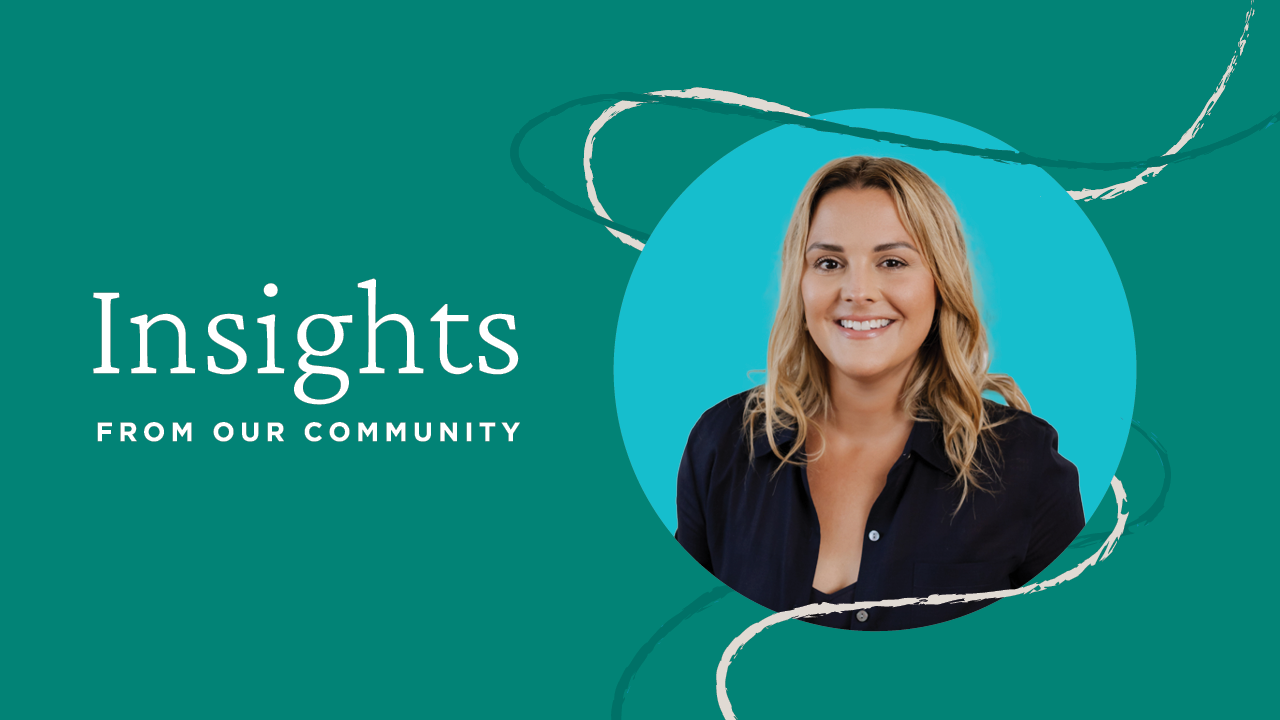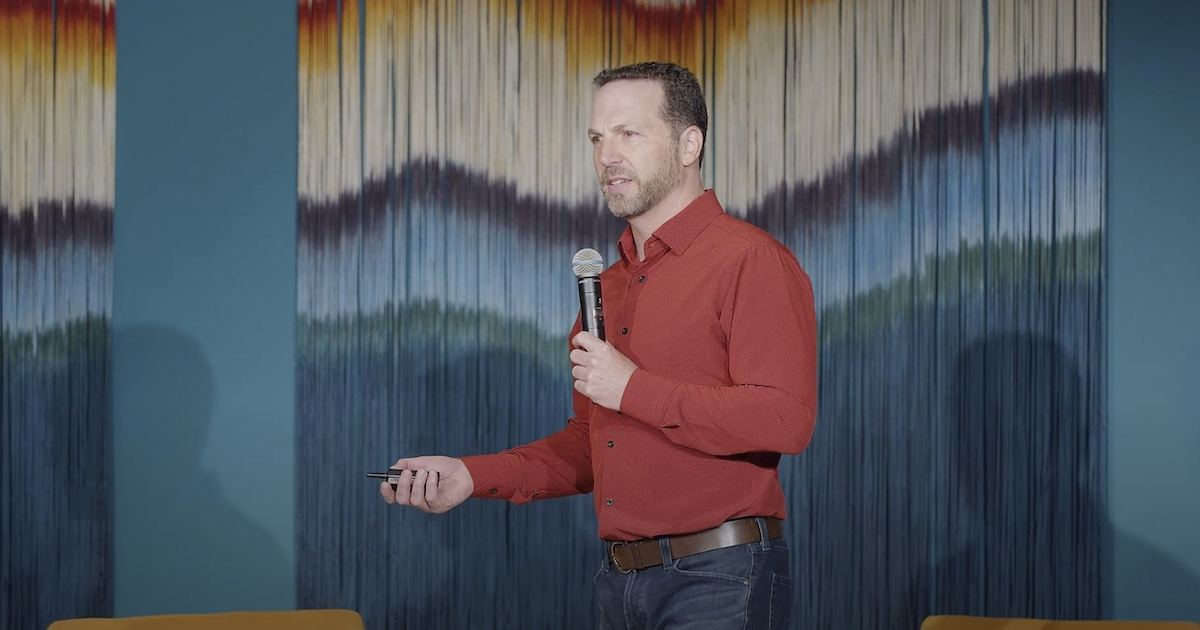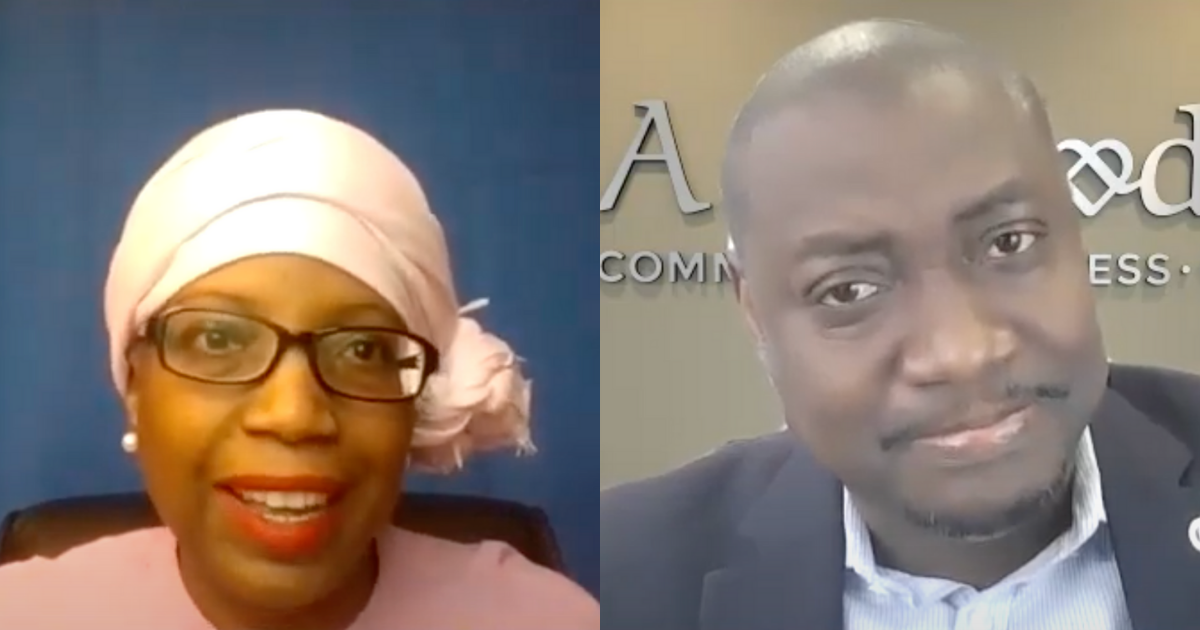Alejandro Velez & Nikhil Arora, founders of Back to the Roots, had the opportunity to deliver the 2018 commencement address at their alma mater, UC Berkeley’s Haas School of Business and highlighted Conscious Capitalism in their advice to graduating students. A video of their talk and the text of their speech are available below.
Thank you Dean Lyons! And good morning, Berkeley! Good morning Haas! It’s an honor to be here with all of you and your families on such a special day.
And Dean Lyons – it’s great to be here with you today as you wrap up an incredible tenure at Haas.
We remember so clearly still when we were sitting right there and we heard Dean Lyons repeat our commencement speaker’s lesson to “zig when others zag”.
We particularly remember this because during the last few weeks of college, while most of our friends were getting ready to go into banking or consulting, we were dumpster diving at 6am for old coffee grounds.
And we’ll never forget, at our main campus graduation, the Chancellor actually shared with the thousands of graduates in attendance what we were just starting to work on.
He advised “don’t follow the herd — like Alejandro & Nikhil — who are growing mushrooms on coffee grounds” … but to his surprise — the entire Greek Theater started busting up laughing. He tried to save himself (and us) by saying “no no, I’m serious here”. Just More laughs.
Who woulda thought two guys growing mushrooms in college was too Berkeley for… Berkeley.
Well, Dean Lyons — after 9 years since graduation, we can both say with a big smile & our fair share of entrepreneurial scars to prove it, we certainly have zigged.
It all started for us right here at Haas. We still remember it like it was yesterday — when we first heard this idea that you could potentially grow mushrooms on entirely recycled coffee waste in Professor Alan Ross’s UGBA 107 Business Ethics class. And although Nikhil & I actually didn’t know each other at the time, we happened to be the only two crazy kids who thought that fact was kinda cool and separately reached out to him for more information.
That one sentence we heard in class literally became the start of this whole adventure of building Back to the Roots — a company on a mission to help every family & classroom in America experience the magic of growing food & knowing where it comes from.
And by the way, I later learned that this whole thing almost never happened…. my boy Alex here was the last guy to walk in to class that day and was just seconds away from getting the door shut on him by Professor Ross…
And it was right there, after knowing each other for just a couple months, sitting in a 1992 Toyota Camry in front of Haas on Piedmont street, that we “shook” on it and went all in, together.
That very same day, I called the investment bank I was about to join and in one phone call I gave up my “dream” job that I had worked so hard for – a six figure i-banking job on Wall Street. And I gave up my lease in Manhattan’s lower east side and instead I decided to go all in with Nikhil, who had just given up his consulting offer and moved onto his older brother’s couch.
Overnight we went from full time students & soon-to-be banker & consultant, to full-time waste collectors and urban mushroom farmers.
And as we now step back onto this same stage that we graduated from, we’re not going to stand up here and give you life advice, cuz honestly, we’re still figuring all that out ourselves.
And we’re also not here to tell you how to sell a business for millions of dollars – we’re still deep in it – just last week, we closed our Series B financing and are still head down every day, carpooling to the office together at 6:45am.
But through this journey, from a bucket of mushrooms to building a national brand that’s now touching millions of lives, what we have learned & experienced first-hand is how the conventional rules of business that have defined capitalism for hundreds of years are being rewritten as we speak. The business world you all are graduating into is beginning to feel a lot different than that which our textbooks taught us as business gospel. A new form of capitalism is emerging.
And it’s emerging because the traditional rules of business, rules that we all have read about a thousand times in textbooks and case studies, are being broken as we speak.
Broken because the status quo is no longer enough in business. It may have got us here, but it ain’t gonna get us there. It’s just not enough.
Today, we want to talk about 5 of those rules that are being broken.
Ok, so Rule #1 of conventional, old-school business:
To be successful in business you have to be an expert in your field.
Not. True.
We’re the generation that now has all the world’s knowledge in our pocket. We’re a generation that can teach ourselves anything, at anytime….we taught ourselves how to grow mushrooms on YouTube! It’s not about what you know — but knowing what you don’t know and finding the answers.
And it’s not just information expertise either, it applies to relationships too — you don’t need a big rolodex anymore to be successful in business. For instance, the first article about Back to the Roots was by The Daily Cal; after that came out, we googled every writer that we could find who had ever written about sustainability and emailed them a link to that article, saying we’d love to share our story.
Fast forward 6 months from founding, and the BBC aired a 5 minute spot globally on the company!! Since then, we’ve had the tremendous honor of sharing the Back to the Roots story with President Obama during a 90 minute meeting with him, on Jim Cramer’s Mad Money, and even the front page of the Wall Street Journal.
…And, Alex, don’t forget about that time you were in Bachelorette…
But all of this happened without a press agency and without years of contacts. We just had the internet.
And you don’t need to be an expert or have deep industry relationships to get into & succeed in retail either. Our biggest partner to-date, The Home Depot — that’s selling millions of dollars of our Indoor Gardening Kits in thousands of stores nationwide — started off with a cold-email to a buyer,who we only had the first & last name for we guessed 10 different variations ; first name.last name, initial.last name. — one went through, and that was the start.
So the new Rule #1, you don’t need to be an expert to be successful – all the world’s experts are now in your pocket.
2) The 2nd conventional, old-school business rule that you’ve probably heard is that “You need a lot of money to start something new and be successful in business”. Not. True.
The big Silicon Valley funds aren’t the only ones you have to go to now for capital — through Kickstarter & Indiegogo, angel list, CircleUp, & ICOs, we’ve seen the decentralization of fundraising — and the ability to unlock capital no matter where you live.
When we were looking to launch our 2nd product, the Water Garden, we needed $100,000 for equipment., We were looking to create the first ever home aquaponics system, a mini ecosystem that uses fish poop as the fertilizer to grow plants. We decided to put the project up on Kickstarter for 30 days with this $100,000 goal – and our community came through. They ended up pouring $248,873 into it, and then an additional $250k of pre-orders on our website — so we had raised half-million dollars from our own community with just 1 prototype & a 2 minute video. Fast forward, and that community momentum then helped us raise our first outside capital — a $500,000 investment from a local Oakland non-profit called Fund Goods Jobs. Since then, we’ve raised $20M of venture capital from investment funds & larger corporations including Campbell’s and Scotts Miracle Gro.
The new rule #2 — You don’t need a lot of money to be successful in business – capital’s been decentralized.
Rule #3 of conventional, old-school business:
Keep a secret and keep people out of your business
There’s a lot of talk about the power of privacy & secrecy in business — “the Coca Cola formula”. But the game’s changed. Transparency is the new norm. And you’re seeing it in a bunch of new ways.
As we built on our vision of connecting families to food by expanding from ready to grow indoor gardening kits to simple ingredient & organic breakfast cereals, we asked ourselves how do we bring that same radical transparency & connection to food you get when you grow your own — to packaged, ready-to-eat products?
In doing this, we decided to really push the boundaries, and actually tell our consumers on every single box of cereal not just exactly what farm our ingredients came from, but also the exact recipe of how we make it.
Right around the time we were launching our cereals at Whole Foods Market, the General Mills board of directors invited us to meet. We’ll never forget though when in that meeting their CMO advised us to take our cereal recipe off the box and said “with my 30 years of business experience, I never would have thought it’s a good idea to share your IP with the world like that”.
Just a few months after that meeting, our cereals displaced Kellogg’s to launch into the NYC public school system, the largest district in the country, helping feed 1.1 million kids every day and becoming the 1st organic cereal in history ever offered in US public schools.
And those cereal cups – they still have the recipe on them!
The best part about the power of transparency? Old-school businesses can’t hide behind multi-million dollar, flashy marketing campaigns. That clever Super Bowl ad isn’t enough anymore — if a product has 1 star on Amazon, we’re not buying it.
The new rule #3 — power in business comes not from secrecy but radical transparency.
The 4th conventional business rule we’ve all heard is about that zero-sum game; that for me to win, you have to lose. Not true.
For small businesses to win, big businesses don’t have to lose — we all can work together to accelerate impact. For example, Campbell’s & Scotts Miracle Gro, both multi-billion dollar multinationals, have invested millions of dollars into Back to the Roots. They’re helping us scale revenue and reduce costs by leveraging their sales, marketing and supply chain expertise. We’re helping them rethink innovation, and push for a faster speed-to-shelf strategy.
And suppliers & buyers don’t have to always extract value from each other either to win. When we were getting started, we sourced our coffee grounds from Peet’s Coffee, adding so much value to them by taking care of their heavy & messy waste, that we eventually replaced Waste Management in their cafes, and in return got paid to source our biggest raw material.
We provided them a more efficient waste service, and in turn, we were able to make a profit on our own Cost of Goods, allowing us to bootstrap the company for years.
THE NEW RULE #4: It’s not I win, you lose. It’s Win-Win-Win.
And Rule # 5 — the last, but probably most impactful conventional business rule we’ve all heard is that a business should Maximize Shareholder value at ALL costs ——– Not. True.
The conventional rule was that a business’ sole reason for existence is to maximize shareholder value, and that the few lucky ones that “make it” should then create a separate CSR team that picks a non-profit to just write a check to once a year.
But today, we’ve seen there are so many ways to create profitable, triple-bottom-line business models that also integrate the community, the team, and the environment into its everyday stakeholders — like Patagonia with their supply chain, Method with their sustainable packaging, and TOMS Shoes with their One for One model.
In fact, we were so inspired by the TOMS model, that we created a similar Grow One, Give One campaign — for every photo someone shares with any of our indoor gardening kits, we donate one to a classroom of their choice.
By integrating that program into every unit we sell, our own community has now helped tens of thousands of kids across the country grow their own food. And the more people share, the more brand awareness grows. It’s an incredible, beautiful cycle.
And by the way it’s ok to take inspiration from others; in fact, Blake, the founder of TOMS, so appreciated seeing his idea transfer into organic gardening and food that we became his very first angel investment after TOMS.
The New Rule Number 5? The best way to maximize your own value? Give value. Because the more you give, the more you get.
And while we’ve stumbled through all these lessons, one mushroom kit and box of cereal at a time, we hope they help open your eyes to the massive transformation of business that’s happening right now, right under our feet.
New rules are being written as we speak, creating space for a new form of capitalism, conscious capitalism — capitalism that aims not just to make money, but to elevate humanity through business. And Back to the Roots is just one example of it—it’s happening all around us.
Two massive multi-nationals, Danone & Unilever, have announced their goals to become Benefit Corporations or B Corps – directly embedding the business impact on multiple stakeholders, beyond just investor returns, into their metrics for success.
And Larry Fink, the CEO of the world’s largest investment firm, BlackRock, with $6.3 trillion dollars of assets under management, just wrote a letter to CEOs demanding that all companies, both public and private, serve a greater social purpose.
So how cool is it that in the hundreds of years since 1776 when Adam Smith wrote “Wealth of Nations” and kickstarted modern capitalism, that you get to graduate from the BEST UNIVERSITY and the BEST BUSINESS SCHOOL IN THE WORLD, AT THIS TIME – a time when all the conventional rules of business are being ripped up to create space for a new form of capitalism.
A form of capitalism that doesn’t separate Doing Good & Doing well.
How awesome. And what responsibility too — because we also carry with us all, as Golden Bears, the legacy of this incredible university and the social activists who have graced these halls and the streets of Berkeley for decades, the movements that were incubated right here — free-speech, anti-war, gay rights, women’s rights, farmworker rights.
So as you get ready to enter the business world, realize that the old rules have been ripped up, and the world is looking to You to help write the new ones. New Rules for a more inclusive, more sustainable, more transparent, and more conscious capitalism.
And you don’t have to do something crazy like growing mushrooms on coffee grounds to help build this new form of capitalism, but you do have the responsibility to carry this flag forward into wherever you go after graduation.
Be the one who makes that big bank judge themselves not just by returns generated, but by carbon sequestered. Be the one who inspires that big consulting company to push their clients to adopt better business practices.
Haas graduates — the next chapter of capitalism is in our generations’ hands, it’s ours to write, so let’s make it a good story that future graduates will be proud of us for.
Congratulations, Go Bears, and Go make history, Haas.
Thank you.



